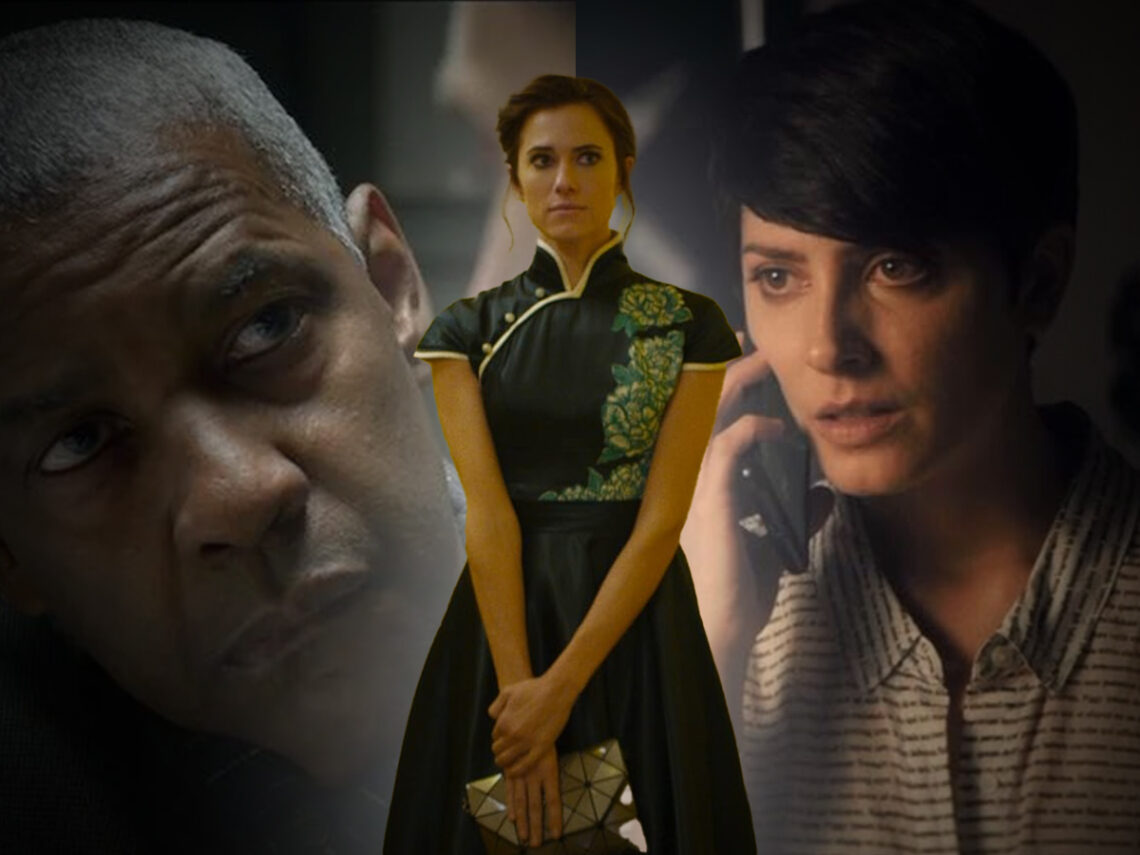
Five Netflix thrillers where the villain is not who you think it is
There is something addictive about being completely wrong at times. Especially when you are trying to guess the killer in a Netflix thriller. You think you are smart. You clock the setup. You guess the twist before the second act. But then it hits you: the story is smarter. The villain is not who you thought. And now, you are spiralling in the best way.
Most thrillers on Netflix follow a familiar recipe. First, there is a murder. Then an investigation. A few twists that pretend to be clever. And by the final reveal, you are barely surprised. But every once in a while, something genuinely clever slips through. A thriller that lies straight to your face and still earns your respect. Something that defeats your cleverness and gives you a sense of satisfaction at the same time, that finally, something is not predictable.
The best part? These films do not rely on cheap misdirection. They build suspense with care, plant false clues with confidence, and flip everything just when you think you have it handled. The kind of stories that make you want to rewatch them just to catch the moments you missed.
If you are in the mood to trust absolutely no one and enjoy being played, this list is for you.
Five Netflix thrillers where the villain is unpredictable
The Invisible Guest (Oriol Paulo, 2016)
In this film, a businessman wakes up in a locked hotel room beside the body of his dead lover. He insists he is innocent. Eventually, a criminal defence expert is brought in to help, and from there, the story begins to twist. The setup is simple. The execution? Anything but.
Every scene feels like a clue. However, none of them takes you where you expect. You are being fed a story within a story, and the villain hides in the way it is told. When the truth clicks into place, it is brutal. You were watching a magician’s trick the entire time and never noticed the sleight of hand.
The Call (Lee Chung-hyun, 2020)
The Call opens with a strange phone call between two women living in the same house decades apart. What starts as curiosity quickly turns into something dangerous. One is trapped in the past. The other is trying to protect the future. And both are about to make horrible mistakes.
The villain is not hiding. It is evolving in front of you. You begin by feeling sorry for it. You end by fearing it completely. It is a masterclass in escalation, with one of the most chilling power shifts in recent memory. And when it breaks bad, it breaks hard.
The Little Things (John Lee Hancock, 2021)
This Netflix film looks like a classic detective thriller. Two cops, one haunted and one ambitious, chase down a series of murders. Jared Leto plays the creep. He is too obvious. Too weird. He has to be guilty, right?
Not exactly. The tension here is not about solving a case. It is about what obsession does to a man who has been broken by guilt. The killer might never be found. But the damage is done anyway. The villain might not be the one they are chasing or even a person at all.
The Perfection (Richard Shepard, 2018)
The Perfection starts as an arty music drama and unravels into full-blown horror. A cello prodigy returns to her old music school, reconnects with her replacement, and… things start spiralling. It is glossy. It is strange. And you will change your mind about who the villain is at least four times.
Each reveal reconfigures what you thought you knew. Every character wears a mask. And just when you think it is all too much, it makes total sense. If you are into messy mind games with genuinely unhinged payoffs, this one’s for you.
Forgotten (Jang Hang-jun, 2017)
Forgotten begins with a kidnapping. A man’s brother is taken and returns days later, different. He is forgetful. Cold. Not quite right. As the mystery deepens, the film turns into a puzzle you did not realise you were solving.
By the end, you are not just questioning the characters, you are questioning the timeline itself. What felt like a slow-burning mystery flips into something more psychological and disturbing. The villain reveal hurts more because it feels personal. Like the story let you believe in something… and then pulled it away.